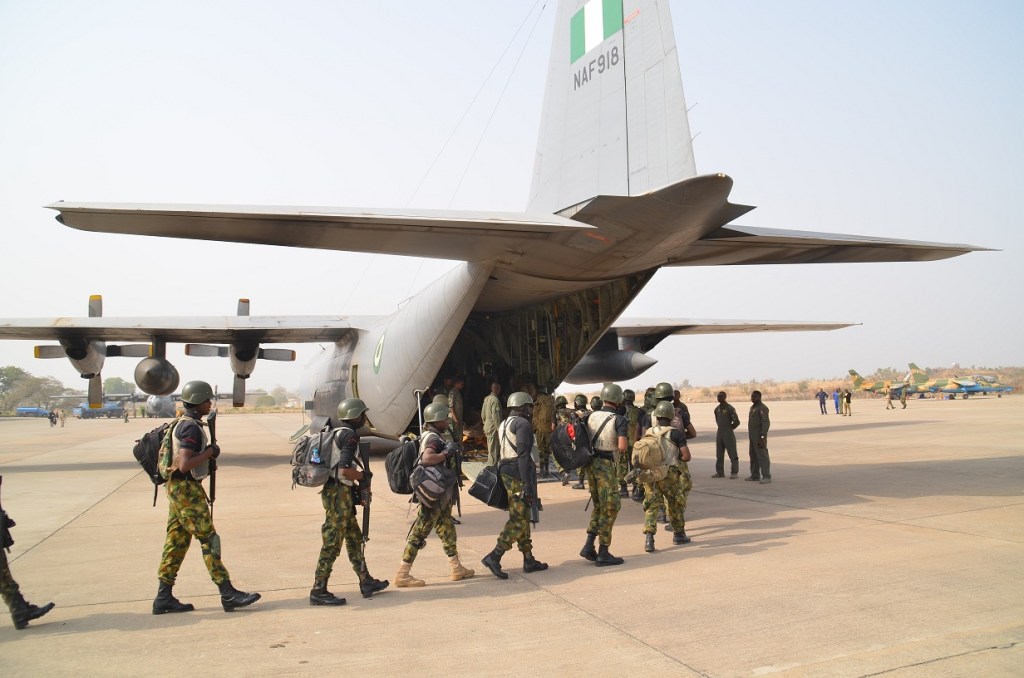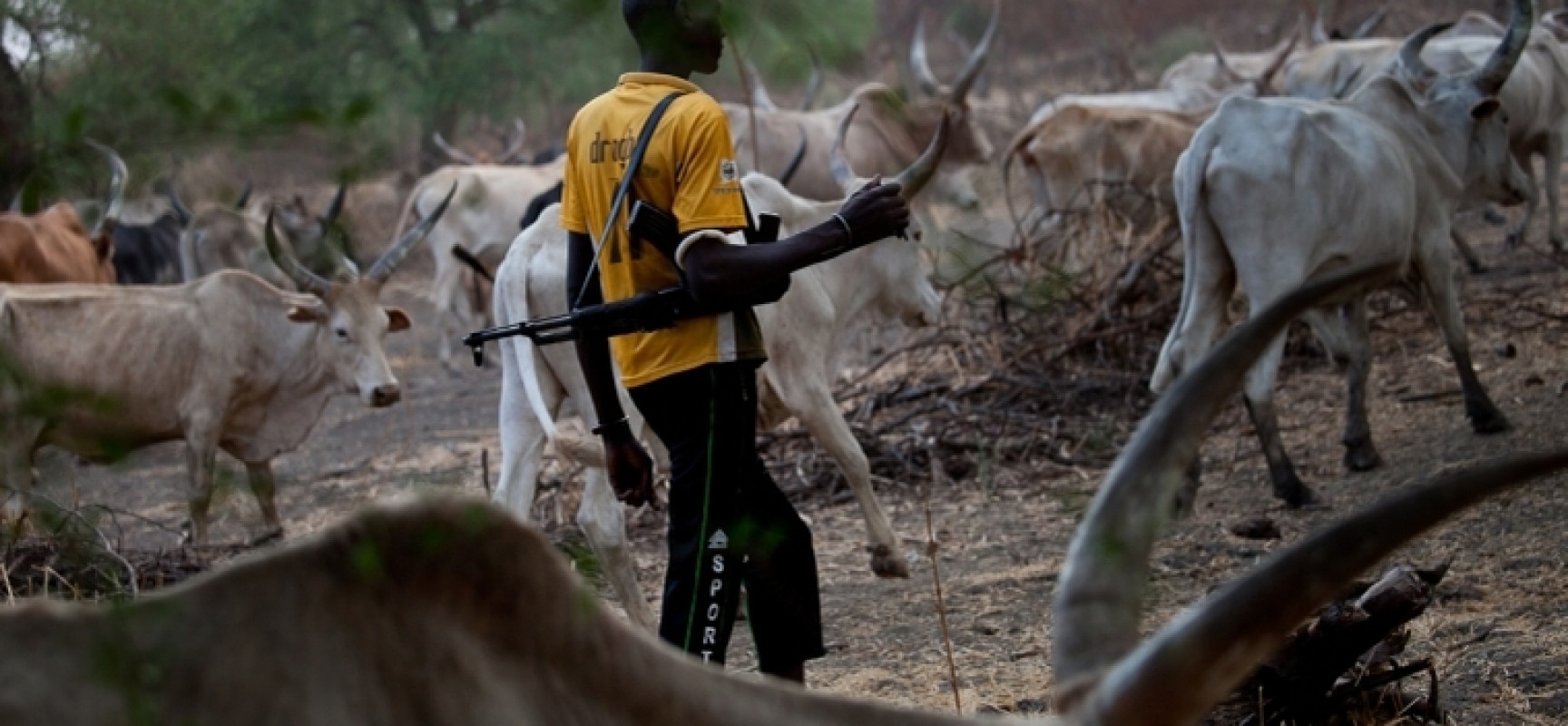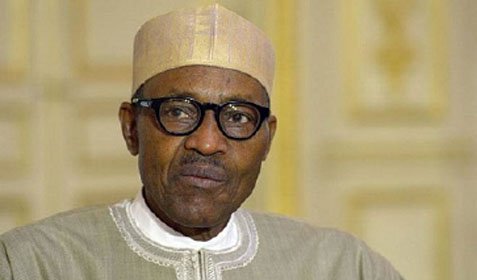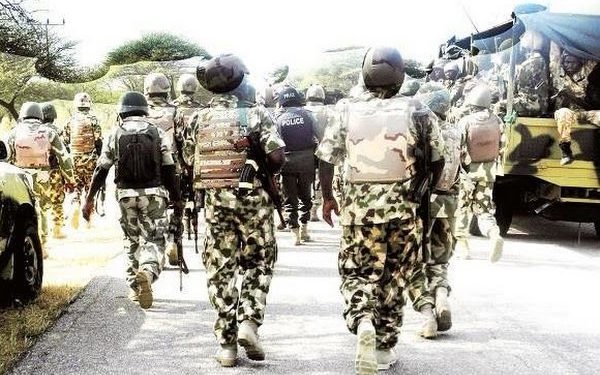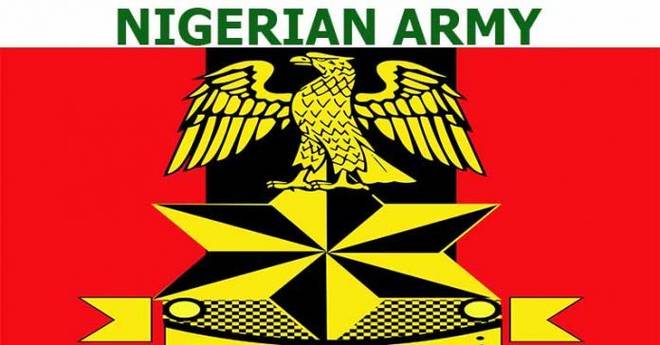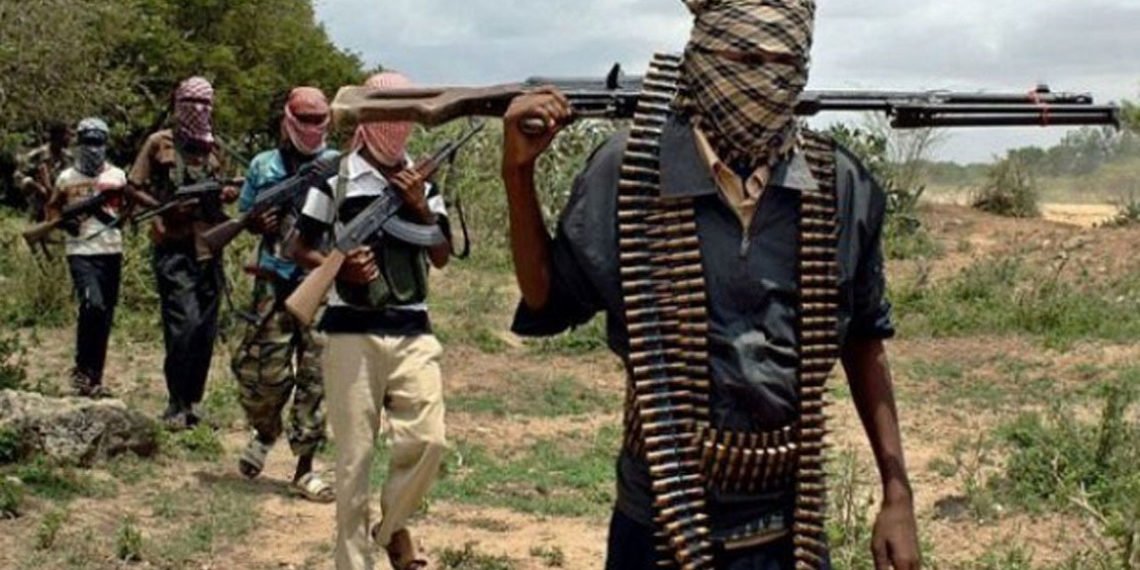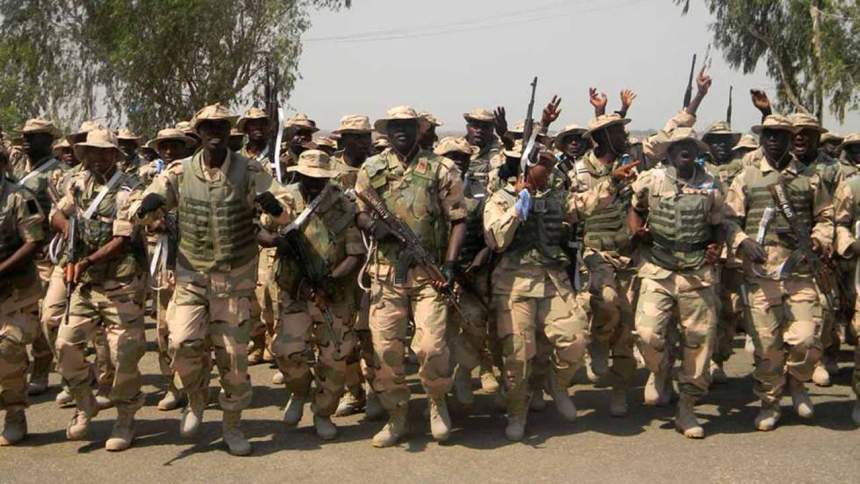By Richard Murphy
The President Muhammadu Buhari led administration has saved Nigeria from imminent collapse, by revamping the military’s institution which image, structure and organization was at its lowest point.
Within five years of direct support, strategic planning and implementation, the Nigerian Armed Forces have been inspired back to shape and can now hold its head high, performing creditably well, stoutly defending the territorial integrity of the nation, securing the lives and property of citizens, ridding the country of subversive elements and stamping out terrorism.
This is a sharp contrast from its dismal record in the not so distant past when it lost its place as a regional leader owing to the many missteps of the past and the devastation of its ranks by the insurgents.
No doubt, one of its biggest challenges the military has faced since the Nigerian civil war is the Boko Haram crisis when some elements took up arms against the state in the Northeastern part of the country in the attempt to take over the country by force.
The more the armed forces tried to engage, the more it betrayed signs of fatigue, weakness and lack of capacity which emboldened the terrorist to push further into the country bombing towns and communities at will, attacking military bases and villages and wrecking heavy toll on both the military and civilian population.
Worse still, troops that were supposed to defend the citizens seem more in need of help. Pathetic stories of troops deserting at the slightest indication of danger rend the air with reports of whole units fleeing from battle fields for safety, known as tactical withdrawal in other countries.
Aggrieved soldiers who had no confidence in themselves, their weapons and on the high command, protested openly by opening fire on their commanders.
Regaled with tales of how their husbands were being butchered at the battle fields, wife of soldiers could no longer keep calm and marched in the barracks with placards protesting the deployment of their spouses’ to the battle front.
The situation was so bad that a Nigerian state governor lamented that the Boko Haram is “better armed and better motivated” than government forces trying to stop their attacks.
Then Borno State governor, Kashim Shettima, was quoted as saying that not only were the insurgents better equipped but that “given the present state of affairs, it is absolutely impossible for us to defeat Boko Haram.”
Security experts confirmed that the terrorists were using sophisticated weapons and were receiving better allowances from their sponsors than the Nigerian troops.
No doubt, President Buhari met the worst armed forces at the time he took over the helms of affair. But quite astutely, he has been able to transform it into one of the best in the world today in just five years.
Facts indicating that the Nigerian military has recorded significant gains since the current administration speak for itself as Nigeria has never had it better than what is going on at the theatres of operation with the insurgents.
Since March when Lt. Gen. TY Buratai moved to the theatre of war in Borno State, the gallantry of the fighting forces have become more pronounced at every turn making many to wonder if is the same institution that was being ridiculed some back.
Within two months, no less than 500 of the Boko Haram and ISWAP terrorists have been liquidated by Nigerian troops while many have been seriously wounded or arrested.
In the same March, Nigerian troops eliminated a notorious Boko Haram strategist and trainer, Abu Usamah, and killed over 100 of their fighters who were hiding in hidden communities like Kwalaram, Ngilewa, Sabon Tumbu, Bukarmairam, Wulgo in the Marte and Gamboru Ngala and in Gorgi, Damboa local government of Borno State.
In April, Nigerian troops in another operations also killed 105 insurgents in Buni Gari and captured many of their weapons.
The terrorist group suffered much more devastation in May when troops killed 134 and arrested 28 of their informants while overrunning their camps in Durfada, Allafha, Timbuktu, Bulajibi and Gonikurmi near the Sambisa forest.
The heat on the insurgence was so intense that the Boko Haram leader, Abubakar Shekau in an audio message admitted to being weakened and cried for mercy seeking Allah’s protection against the firepower of the Nigerian military.
Not long after that 11 of the ISWAP members ran to the military and surrendered their weapons.
These gains have been made possible by a number of factors which the Buhari administration adopted which include reorganizing the military by dealing with those who had frittered away the resources meant for fighting insurgency.
President Buhari also appointed highly professional, well trained and disciplined officers to man each arm of the armed forces.
His appointment of Lt. Gen T.Y Buratai has been a source of huge blessing to the military as it was Chief of Army Staff that was responsible for the success of the Multinational Task Force on insurgency in the Lake Chad region.
To prove that the President hadn’t made a mistake by appointing him, Buratai began to lead insurgency operations from the front by going to the battlefield himself.
There, he is said to engage troops directly, hearing their grievances and complaint and then take immediate actions to address them, thereby motivating the fighting forces.
His presence at the theatre of operations has also been a massive boost in the application of experience and strategy as it is already paying off.
The Army Chief’s latest innovation is said to involve moving reinforcement while troops are pressing hard against the insurgents thereby overwhelming the terrorists.
The president Buhari administration has also taken positive steps to train and equip the military.
It has sent so many officers for coaching and has acquired some of the weapons of warfare to outwit insurgents.
This year alone, the army acquired 17 military vehicles consisting of VT-4 main battle tanks and two types of self-propelled howitzer from China.
The vehicles consist of VT-4 main battle tanks and two types of self-propelled howitzers.
The army made the purchase from the Chinese government as part of its strategies to intensify effort in the fight against Boko Haram terrorists in the Lake Chad region and the contract was signed between Nigeria and the NORINCO back in 2019.
Nigerian troops expected to operate the vehicles have already been trained in China with the Chinese government confirming that Nigeria has become the first nation in the region to own advanced tanks with the buffalo 4-Wheel vehicles numbering 55 which have been procured and commissioned.
The Defense Industrial Corporation of Nigeria, DICON, in 2015 was also revived and made to commence the production of the 7.62 x 39mm special ammunition cartridge in its facility in Kaduna in addition to the ones it is producing.
In 2019, the Nigerian Army also deployed four newly acquired Mine Resistant Anti-Ambush Personnel (MRAP) vehicles and inducted them in Maigumeri super camp in Maiduguri.
The MRAP vehicles are meant to offer increased firepower, enhanced force protection against small arms as well as improved capability.
The government also increased budget on defense and this time around made sure that money meant for security were not diverted but gets to its intended destination.
In 2018 for instance, the Nigerian military budgeted about N38bn for the purchase of ammunition, fighter jets and helicopters as part of its efforts to tackle the Boko Haram insurgency in the North-East.
This comprised N5,281,288,780 for the “procurement of ammunition of various types and calibres,” while another N1,024,800,000 was for part payment for three light utility helicopters.
In the 2017 budget, the army had also budgeted N5bn for the procurement of weapons to prosecute the anti-terrorism war.
Meanwhile, in the breakdown of the 2018 budget, the army set aside N1bn for the purchase of armoured vehicles, and N300m for the acquisition of 25 infantry patrol vehicles and N235,697,000 for the purchase of vehicles for the Operation Lafiya Dole.
These are indeed big strides that have made it possible for Nigeria to begin to hope that the insurgency which has ravaged the country for so many years would soon be a thing of the past and the entire villages in the Northeast would no longer live in fear.
Murphy is a security expert and wrote in from Calabar.
